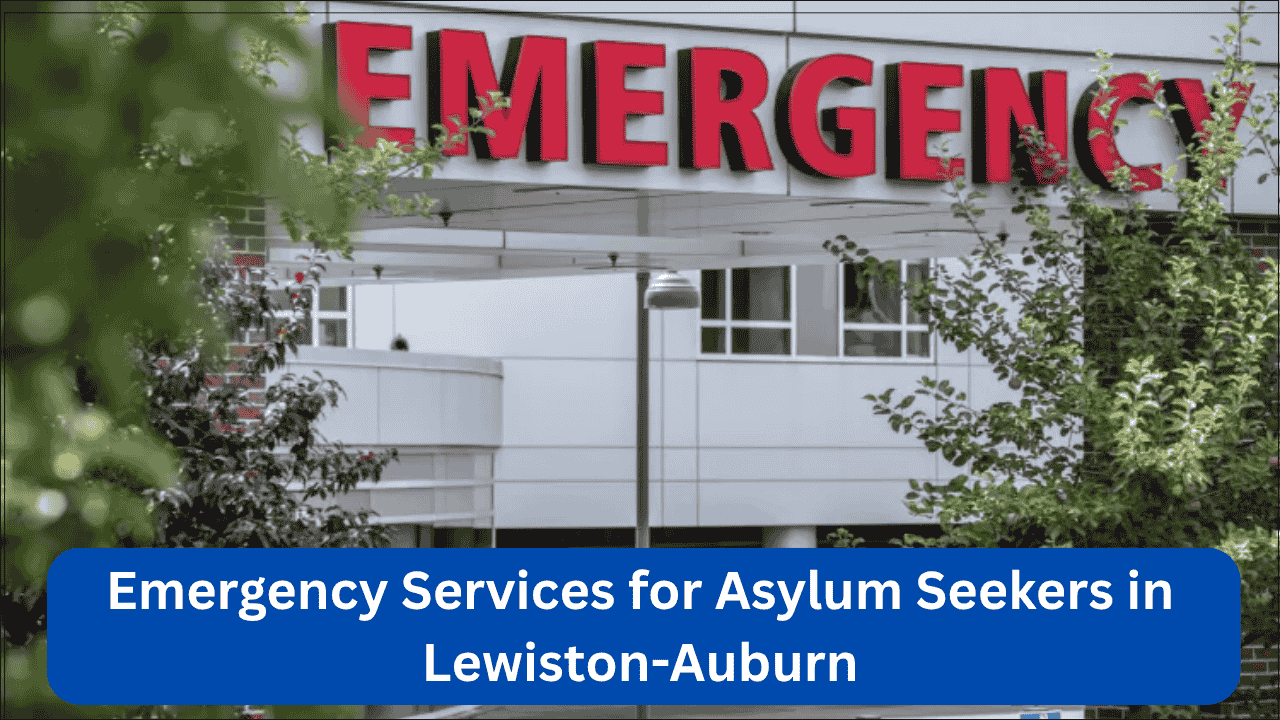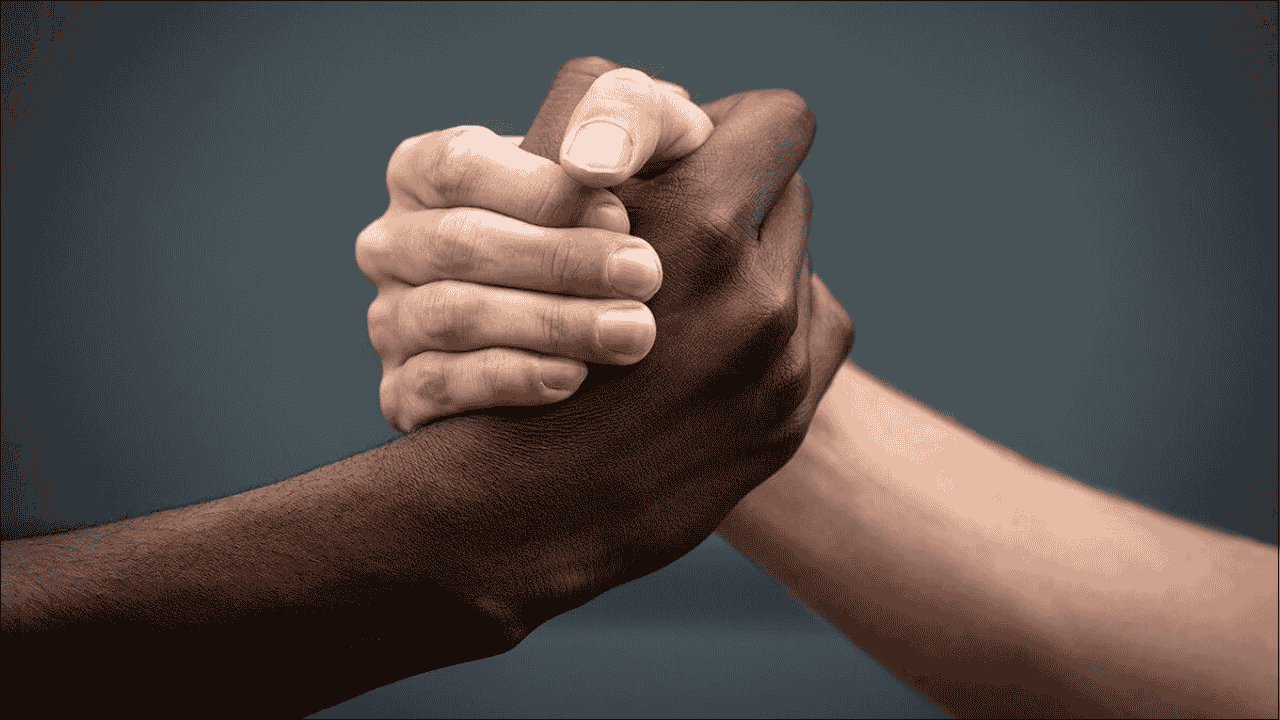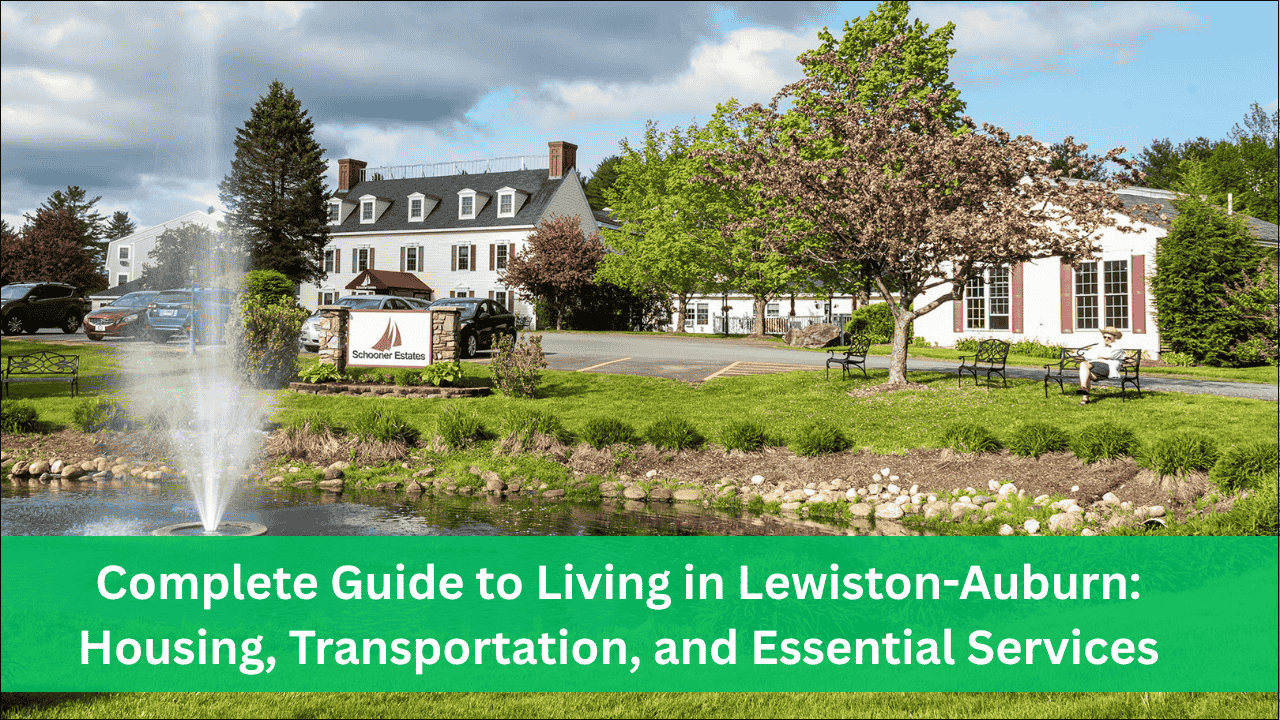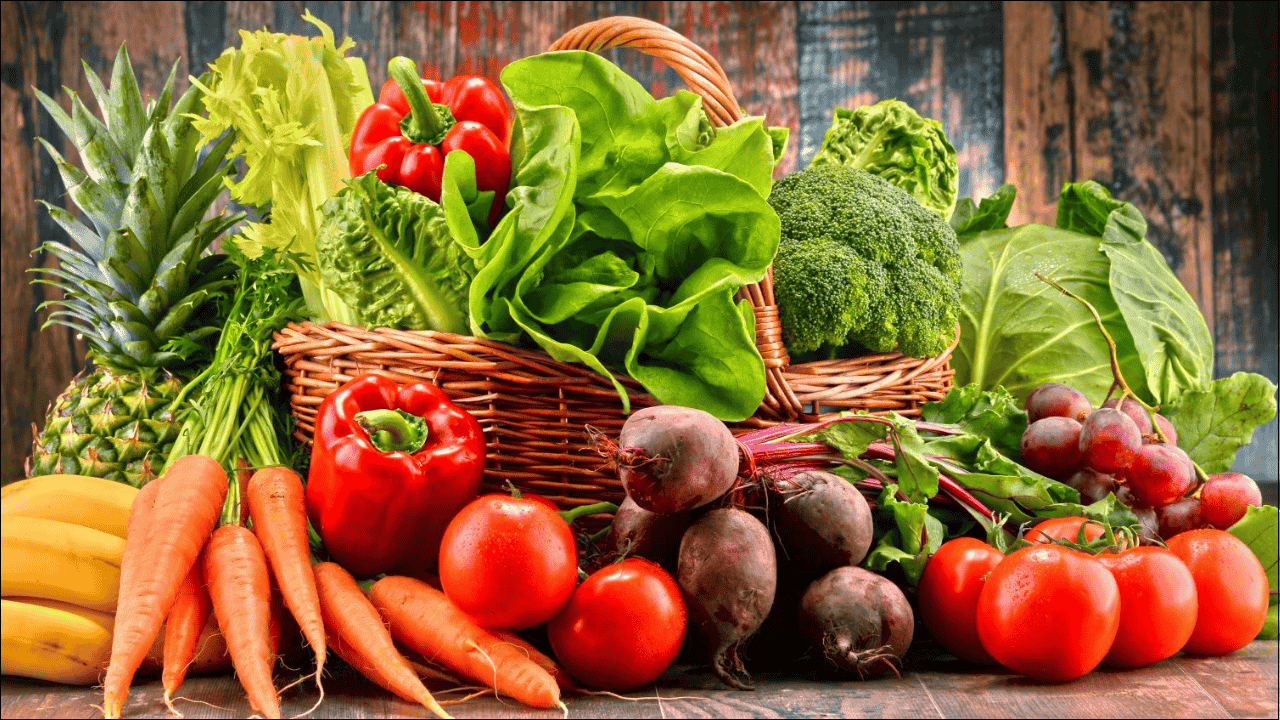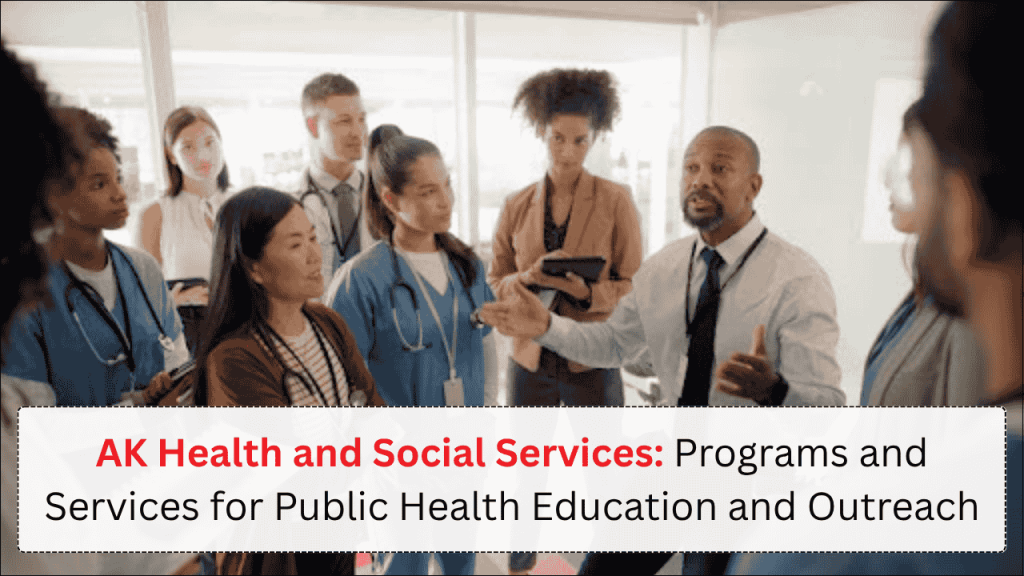
Public health in Alaska faces many challenges due to its geography, climate, and rural communities. AK Health and Social Services (AKHSS) has developed specific programs to meet the diverse health and social needs of Alaskans. Focus has been placed on education, outreach, prevention, and equity.
Table of Contents
Key Focus Areas of AK Health and Social Services
- Public health education
- Community outreach and engagement
- Preventive health services
- Mental health and substance abuse programs
- Support for rural and Indigenous communities
Public Health Education Programs
Community health education helps people understand how to stay healthy, prevent diseases, and access care.
| Program Name | Purpose |
|---|---|
| Healthy Alaskans 2030 | Shares data and goals to improve health outcomes statewide |
| Tobacco Prevention and Control | Educates youth and adults about smoking dangers and quitting support |
| Breast and Cervical Cancer Early Detection | Offers education on early cancer screening for women |
| Diabetes Prevention Program | Guides people at risk of diabetes with lifestyle advice |
| Teen Health Education | Provides sexual health, mental wellness, and drug awareness in schools |
- Healthy Alaskans 2030
A joint plan developed with local communities to improve life expectancy, reduce disease, and support well-being. - Tobacco Prevention and Control
Youth-focused workshops, quitline promotion, and school campaigns reduce tobacco use. - Cancer Screening Awareness
Local health workers spread awareness on breast and cervical cancer in rural towns. - Chronic Disease Education
People with prediabetes, high blood pressure, or obesity get help to manage their condition. - Youth Health Promotion
Teen outreach programs focus on positive decision-making and self-care.
Outreach to Remote and Tribal Areas
Alaska’s large rural population needs specialized support.
| Service/Program | Target Group | Service Provided |
|---|---|---|
| Community Health Aides | Rural communities | Basic health care and education |
| Tribal Health Collaborations | Alaska Native organizations | Cultural health education programs |
| Mobile Health Clinics | Isolated villages | Screenings, vaccinations, and checkups |
| Telehealth Services | Remote areas | Virtual care and follow-up education |
- Community Health Aides
Local people trained to deliver first-level health advice and education in villages. - Tribal Partnerships
Culturally appropriate education combines traditional knowledge with modern care. - Mobile Health Units
Vans and boats deliver screenings, health talks, and supplies to hard-to-reach places. - Telehealth Programs
Doctors connect through video calls and offer support for follow-up, learning, and referrals.
Mental Health and Substance Abuse Outreach
Substance use and mental illness remain serious public health issues in Alaska.
| Program | Focus Area |
|---|---|
| Alaska’s Careline | Mental health crisis support |
| Project HOPE | Opioid overdose prevention and education |
| Behavioral Health Aide Program | Community-based mental health support |
| Youth Resiliency Workshops | Mental wellness programs for teens |
| Substance Use Disorder Treatment Help | Access to counseling and recovery education |
- Alaska’s Careline
A free 24/7 helpline for people in emotional crisis with trained staff. - Project HOPE
Provides naloxone kits, harm-reduction training, and overdose awareness education. - Behavioral Health Aides
Community members trained to educate and support people facing mental health issues. - Teen Mental Health Support
School programs promote open discussions and coping strategies. - Substance Recovery Education
Public campaigns teach about addiction, relapse prevention, and available treatment.
Family and Maternal Health Support
AKHSS ensures families, mothers, and children get early health education.
| Program | Key Services |
|---|---|
| Maternal, Infant, and Early Childhood Home Visiting (MIECHV) | Parenting tips, infant care education |
| Women, Infants, and Children (WIC) | Nutrition education and food support |
| Early Intervention/Infant Learning Program | Education for parents of children with delays |
| Safe Sleep and SIDS Awareness | Educates on sleep safety for infants |
- MIECHV Program
Nurses visit homes to teach about nutrition, breastfeeding, and child development. - WIC Support
Women get help with healthy food choices, breastfeeding education, and child wellness. - Infant Learning Services
Early signs of developmental delays are addressed through parent training and support. - Sleep Safety Education
Parents receive materials and talks about how to lower the risk of Sudden Infant Death Syndrome (SIDS).
Health Equity and Advocacy Programs
Health disparities are addressed through equity-focused programs.
| Initiative | Purpose |
|---|---|
| Health Equity Office | Supports fair access for all communities |
| Language Access Services | Offers translated materials and interpreter support |
| Outreach for Homeless Populations | Delivers health education and hygiene information |
| Disability and Aging Advocacy | Educates caregivers and seniors about available services |
- Health Equity Office
Identifies gaps in care and supports equal access across gender, ethnicity, income, and location. - Language and Accessibility
Pamphlets and videos are translated into multiple languages. ASL interpreters and braille materials are available. - Outreach to the Homeless
Teams conduct street outreach to teach about hygiene, flu prevention, and service access. - Senior and Disability Support
Caregiver education helps with chronic illness, mobility issues, and mental health in older adults.
Emergency Preparedness and Public Safety
AKHSS works with communities to prepare for natural disasters, disease outbreaks, and emergencies.
| Service | Educational Component |
|---|---|
| Public Health Emergency Preparedness | Offers disaster planning education |
| COVID-19 and Vaccination Updates | Provides current public health information |
| Environmental Health Education | Shares knowledge on water safety and air quality |
- Disaster Preparedness
Public workshops teach families how to prepare emergency kits and respond to earthquakes, floods, or wildfires. - Pandemic Information
Social media and local radio are used to keep residents informed about safety practices and vaccinations. - Environmental Awareness
Citizens learn about safe drinking water, mold prevention, and handling waste during emergencies.
Youth and School-Based Outreach
Children and teens are a major focus for public health education.
| School Initiative | Topic Covered |
|---|---|
| School-Based Health Centers | Routine health checkups and health education |
| Anti-Bullying and Safe Schools | Emotional health and safety awareness |
| Nutrition and Physical Education | Encourages active lifestyle and good eating |
- School Clinics
Nurses provide immunizations, health talks, and chronic disease education in schools. - Anti-Bullying Campaigns
Classes teach students how to respect others, handle stress, and seek help. - Healthy Habits Promotion
Children learn how to eat well, exercise, and maintain mental balance.
In Summary
Alaska’s public health system depends on strong education and outreach. AK Health and Social Services provides essential programs tailored to its unique landscape and communities. Whether through mental health support, mobile health vans, or school education, the department ensures that all Alaskans have the tools they need to stay healthy. Every service aims to empower individuals with knowledge, support, and a path to well-being.


